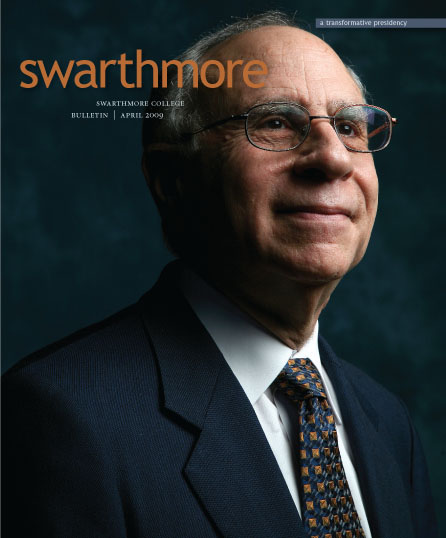Unexamined Assumptions
I never thought much of natural law. It supposedly undergirds ethical systems with self-evident truths. For example, stealing is wrong, according to natural law, because it is inherently destructive of personal or community relations. This is presumably more elemental than saying that stealing is wrong because it is against custom, statutory law, or divine command.
Natural law usually involves unexamined assumptions. For instance, we may use natural law to condemn white men for stealing Native American land, without questioning whether the taking was theft when the Indians did not think of land as property. Similarly, when the Cheyenne Indians took one another’s horses without asking, it was theft in white men’s eyes but, at worst, an inconvenience in the Cheyenne worldview. Stealing an enemy’s horses or weapons may actually benefit one’s community. If this is too tribal a definition of “community”—if the ideal community includes all tribes, the whole human race—why doesn’t it include other species, too? We steal from bees all the time and think well of the business. Natural law diction needs to be deconstructed, even though deconstruction undermines natural law’s appeal.
Another problem is that natural law usually does not come from nature. For example, nature depends upon theft, as any mosquito will tell you. Natural law ought to be called “rational law,” but, in this case, tradition trumps rationality.
Natural law looks innocent on the surface, but it always turns out to be in the service of one predetermined ideology or another, whether it be animal rights, Indian rights, property rights, civil liberty, monarchy, or Roman Catholicism. In Professor George’s case, it is evidently the last. Catholicism makes use of natural law to support established doctrine, not to challenge it. The Church uses natural law to oppose contraceptives and abortion but not to oppose regional or global overpopulation.
Richard Frost ’51
Santa Fe, N.M.
 Email This Page
Email This Page